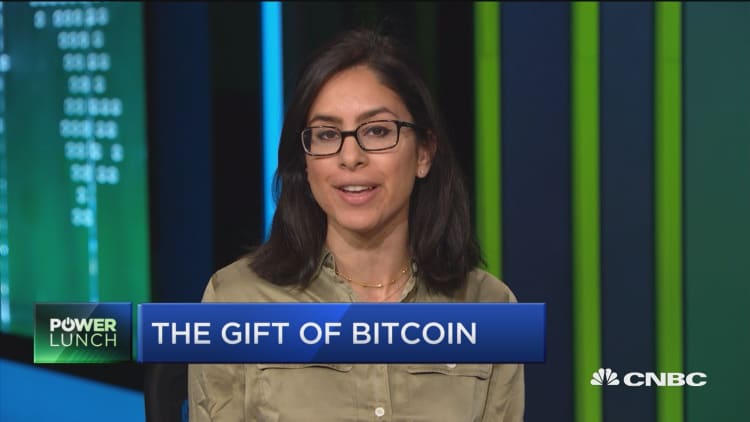TOKYO -- Japan's Financial Services Agency (FSA) on Friday morning carried out a raid on Coincheck, the beleaguered Tokyo cryptocurrency exchange from which hackers stole about 58 billion yen ($530 million) worth of the virtual currency NEM last week.
"The investigation is being conducted to protect the current users," Finance Minister Taro Aso said Friday following a Cabinet meeting. The swoop was the first of its kind in Japan and follows a business improvement order the FSA issued to Coincheck on Jan. 29. The firm was ordered to set up a risk-management system and report to the regulator by Feb. 13.
Some 260,000 Coincheck customers were victimized in the theft. The company has said it will reimburse them with yen, but questions have emerged about its ability to pay, as well as why it had currencies stored in a hot wallet connected to the internet and thus potentially vulnerable to thieves.
More from Global Investing Hot Spots:
Bitcoin's January struggles may hold clues for the future
Both stocks and bonds in a bubble?
Warren Buffett, already 'god of stocks' in China
The FSA is now probing Coincheck's finances and trying to determine how the hack took place, as well as whether proper security measures have been set up, the Nikkei newspaper reported. Officials at the watchdog and the company were not immediately available for comment.
The NEM Foundation, the organization behind NEM, said Wednesday it is closely monitoring the stolen funds, adding, "None of the stolen funds have been sent to any exchanges. As long as those funds are off public exchanges they will be very difficult to liquidate, especially in large amounts." The foundation has called on the cryptocurrency community to take proper security measures such as hardware wallets and multifactor authentication.

The Coincheck theft followed the disappearance of roughly 850,000 bitcoins from Tokyo-based MtGox in 2014; the haul was worth some $474 million based on the valuation of bitcoin at the time of MtGox's bankruptcy. While Japanese regulators moved to enact regulations on cryptocurrencies after that fiasco, they were also wary of imposing overly heavy rules that might stifle innovation.
A hub for crypto trading
Japan has seen its share of global crypto trading rise following restrictions in China and South Korea. While 16 cyrptocurrency exchanges have been registered in Japan, Coincheck was not one of them.
Ken Kawai, a partner at Anderson, Mori & Tomotsune in Tokyo who has advised financial organizations and startups about fintech, told reporters Coincheck was allowed to operate as an exchange while its application for a license was still pending. But he also pointed to a lack of cryptocurrency expertise at the FSA and the fact that it has to struggle to recruit skilled professionals on limited government salaries.
"Innovation is too fast for (the FSA) and they cannot understand what, let's say, a token is, and what's the real function of the blockchain and what is a cold wallet and a hot wallet…at the beginning of last year, their knowledge was very limited," said Kawai. He added that in the Mt.Gox, case the company's money and users' cryptocurrency were not segregated, so now current regulations requires this, but they still don't specify how much cryptocurrency must be in offline wallets for security.
"Japan regulators should regulate these exchanges the same as banks" to ensure they're properly capitalized, Hikaru Kusaka, cofounder of Estonia-based blockchain developer Blockhive, told journalists in Tokyo on Thursday. "Japanese regulators should have had heavier regulations but to do so they would need to have 100 percent clarity about what measures are needed. And no one is sure what's the best way for this."
Regulatory issues and thefts haven't put off other players in Japan's virtual currency market. On Wednesday, Line Corp, known for its massively popular Line messaging app, said it has applied to the FSA to launch its own cryptocurrency exchange.





